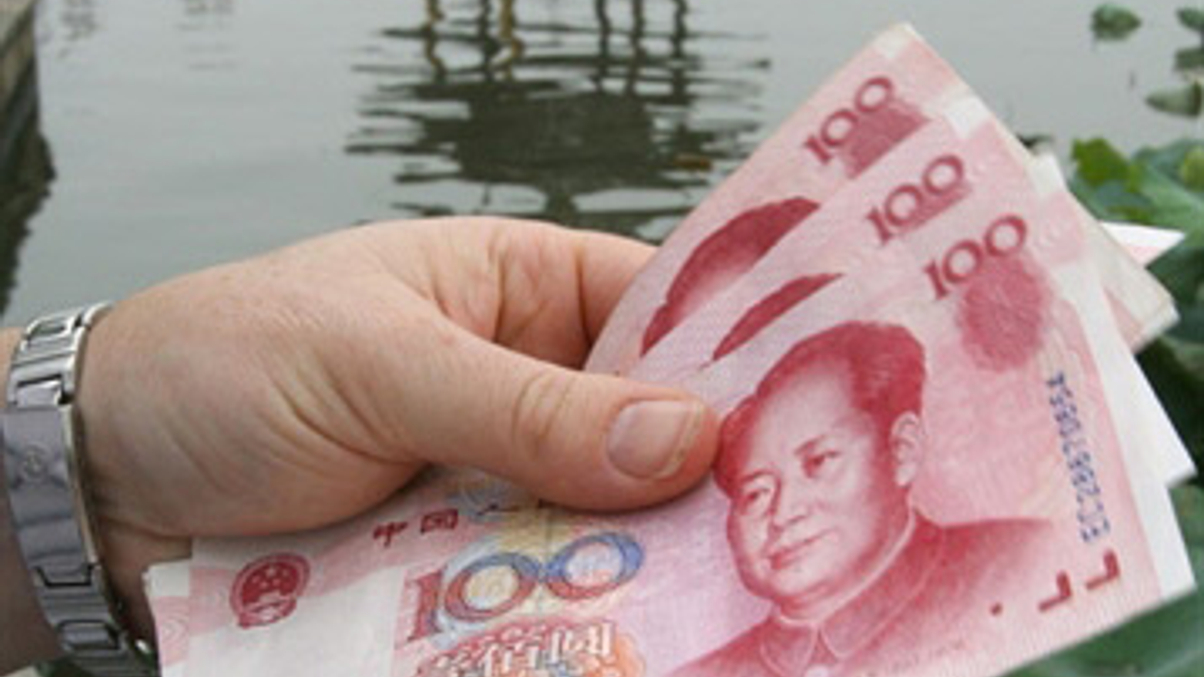HKMA launches RMB cross-border repo
Through a partnership with JP Morgan and Euroclear, the HK central bank is to offer collateralised cross-border lending on RMB.

To kick-start the cross-border renminbi and Hong Kong dollar repurchase market, HKMA has partnered with JP Morgan and Euroclear to launch a collateral management service allowing offshore financial institutions to borrow these currencies against securities.
Sign in to read on!
Registered users get 2 free articles in 30 days.
Subscribers have full unlimited access to AsianInvestor
Not signed up? New users get 2 free articles per month, plus a 7-day unlimited free trial.
¬ Haymarket Media Limited. All rights reserved.


